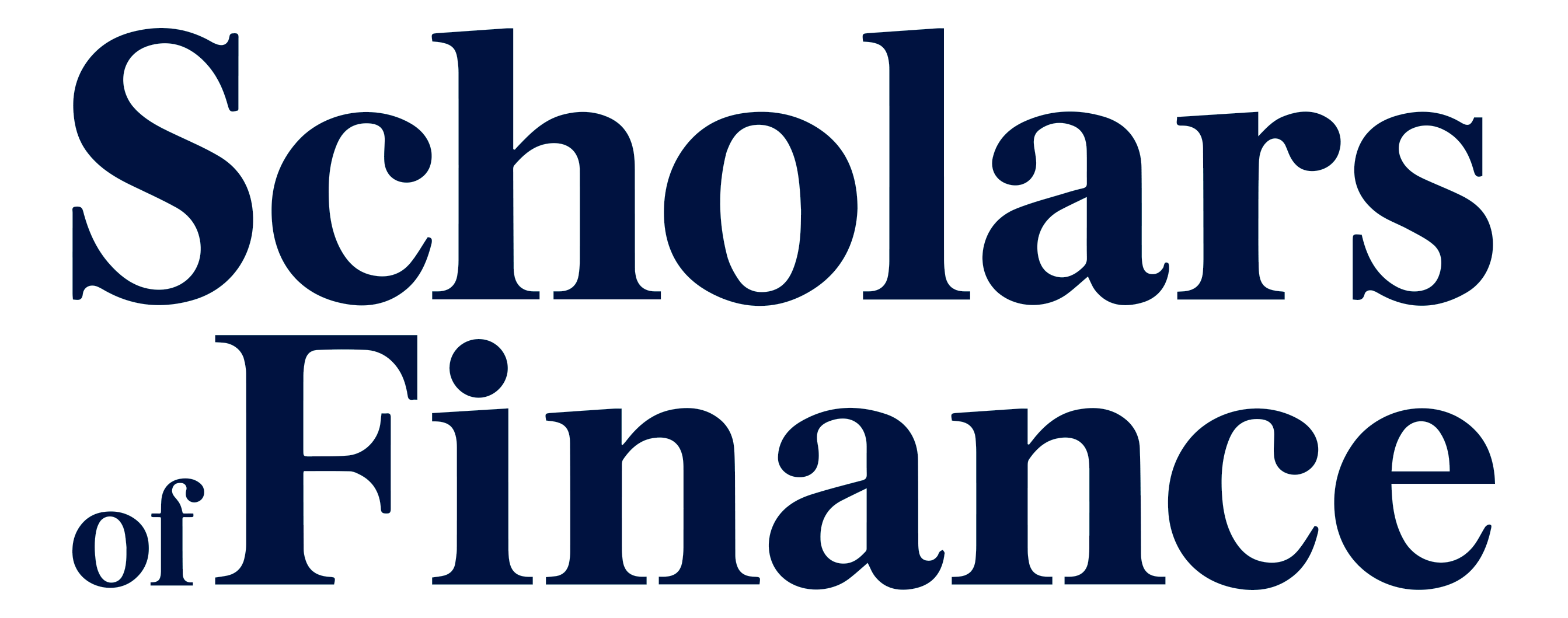At Scholars of Finance, we have six core values that are at the center of what we teach: Integrity, Compassion, Humility, Curiosity, Impact, and Courage. Each month, our members vote on the “Value of the Month”, which helps focus our discussions on topics pertinent to that value.
Integrity was our value for March. Here are our epithet and principles for Integrity:
Integrity
Do what’s right
- Do the right thing, always
- Build trust through transparency and accountability
- Honor your responsibilities and commitments
- Speak the truth at all times
We utilize integrity in both a moral sense and as a barometer of trust. It both calls us to do what is “right” while also calling us to be trustworthy. These are mutually reinforcing. There are millions of pages written about what is “right”, which have culminated in an abundance of religions and moral philosophies informing how we collectively act. However, I will unpack the question of how to “define what is right” in a later blog post. For now, I will offer one example that I think is not overly controversial, builds trust, and happens to be one of our principles – to speak the truth at all times.
Many people I’ve spoken with over the years have shared that integrity, or honesty, is a core value of theirs. We rarely meet someone who claims they need to become more honest. And while I hope that this is simply a result of surrounding myself with honest people, I often wonder if this actually reflects a lack of self-awareness? Or something even worse, that our collective standard for honesty or truth is diminishing? According to the Pew Research Center, I’m not alone in wondering, as a majority of people (51%) think that misinformation online is a problem that won’t be fixed.
However, speaking the truth at all times, for many of us, seems like a “given”. It is presumed that we will do this and that we already do this. If we were a liar, how could we live with ourselves? Yet, taking time to reflect on this principle and just how profound and radical it is, opens our eyes to just how much room we have to grow in honesty. Dinner with a friend, his niece, and a couple of her classmates recently got me thinking about this. Since “Speak the truth at all times” was the principle we spent the following week reflecting on there was a timely opportunity to dig into it with our organization as well.
The young woman was a senior in high school. I was visiting my friend when she and her friends also happened to be visiting him as well (he’s a cool uncle worth visiting). They explained to me that their classmates cheat on tests rampantly. Everyone turns off their cameras on Zoom, gets on a group FaceTime, and they take the exam together. It’s become commonplace. I was a bit shocked.
As I felt myself begin to judge, the maxim “judge not lest ye be judged” came to mind. I realized that I am not one to judge because I am not perfectly honest. As I started to think about my own shortcomings, a couple of Zoom-related “white lies” that I have told struck me. I started talking to our students and some of my friends about these and many of them reported doing the same things.
For one example, have you ever been distracted on a Zoom call, whether with work or email, been asked a question, and said something to the effect of, “Sorry, my (audio, wifi) cut out (or insert other technical difficulties), can you say that again?” I’ve done this more than once. When I ask this question on Zoom calls, almost everyone smiles knowingly or nods.
When I shared this with one of my teammates last week, they shared an example of a small concession of the truth in their own lives too. Notably, one person shared that they will sometimes do 10 push-ups in the morning just to be able to tell people they worked out that morning – to seem productive and disciplined. But they acknowledged that the statement “I worked out this morning”, while true, generally implies they spent at least 20-30 minutes exercising, which was not the case.
Personally, I was hardly even aware that I was making small concessions of the truth. It reminded me that we stray from the truth in small ways, oftentimes almost imperceptibly. This can lead to much larger concessions of the truth over time. Simon Sinek talks about this snowball effect in his recent book The Infinite Game, which my mentor Anthony Paquette sent me – the phenomenon is called ethical fading. Ethical fading is a well-studied process by which we “slowly and gradually make moral or ethical concessions sometimes unconsciously which compound into increasingly significant ethical failures.”
This concept implicates us in a high-stakes relationship with honesty. We need to be thoughtful and diligent about cultivating integrity. Especially if we are going to be finance leaders and investors – making decisions with millions of dollars – where the upside to being dishonest has lured many down the wrong path (and into jail). Every one of us can benefit from taking the time to introspect on our integrity. If you’re reading this and thinking, “you’re wrong, I’m completely honest and none of this applies to me”, just set aside 30 minutes and ask yourself these questions:
- Have there been any times in the last month where I have not been 100% honest, even in small ways?
- Is there something I’ve been holding back from saying to someone that needs to be said?
- Have I been 100% honest about how I feel about things with the people close to me?
- Does my language sometimes imply more about what I’ve done than I actually have?
- Has someone said something to me recently that made me defensive? Could there be some truth in their statement that I am overreacting to?
None of us are perfect, and that’s ok. What’s important is that we are willing to own up to the times when our integrity lapses. It’s how we approach these moments of ethical fading that can either lead to a slippery slope of low integrity decisions or a career built upon trust that is rightfully earned.
I believe that all of us doing this in our own lives can inspire many more to do the same. Just like talking about mental illness can break the stigma and fuel recoveries, talking about ways our honesty has slipped can break the stigma of failure and fuel deeper relationships, whether with loved ones or teammates. Counterintuitively, it builds trust with others as people recognize your self-awareness and conscious effort to hold yourself to a high standard of integrity.
With that, I hope you haven’t judged me as you’ve read my confession about my own shortcomings (being honest about this stuff does feel vulnerable!) and I also hope that you’re feeling even just a little motivated to examine areas in your own life where you can grow in integrity. And, if you’re really inspired, I hope you’ll talk about it with others to get accountability and grow with them too.



